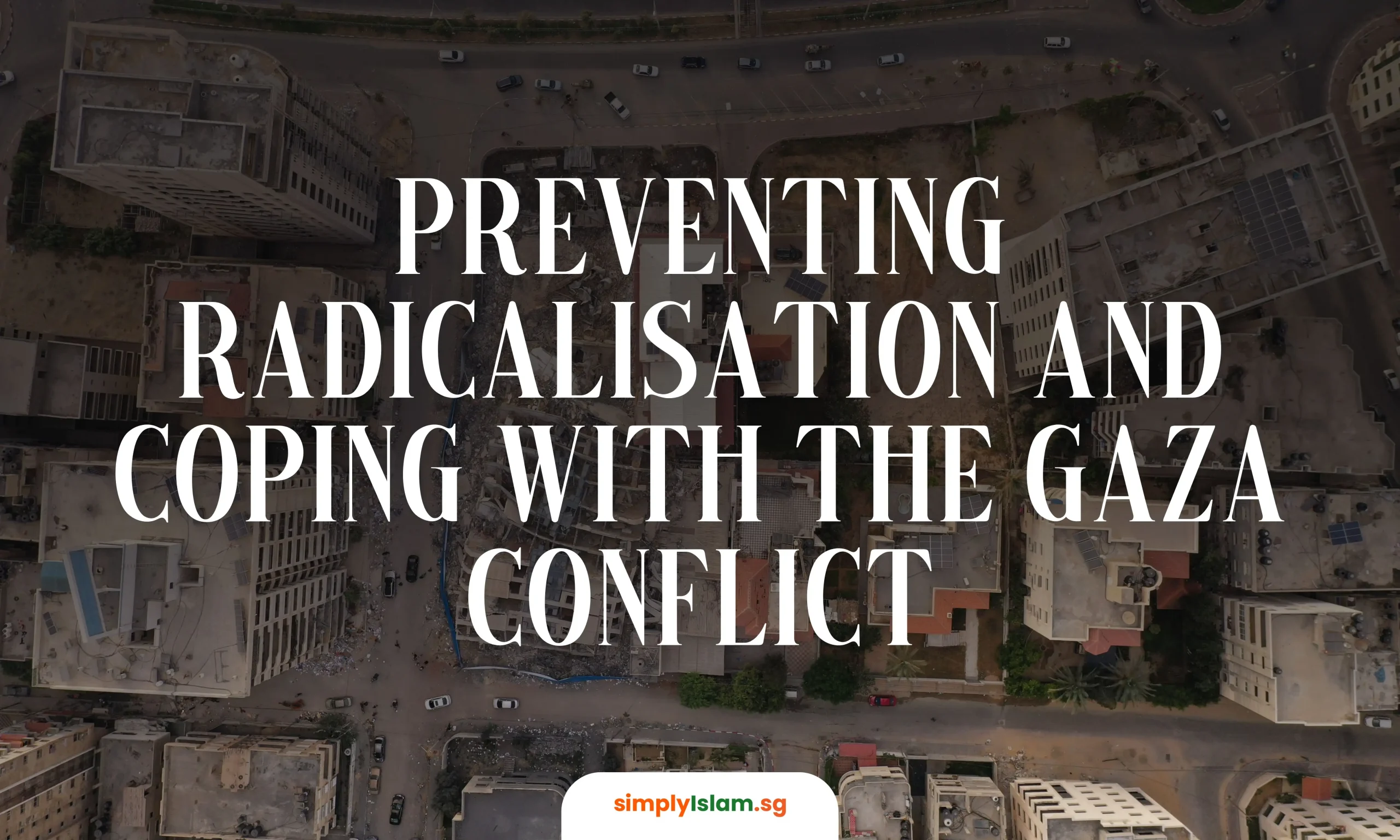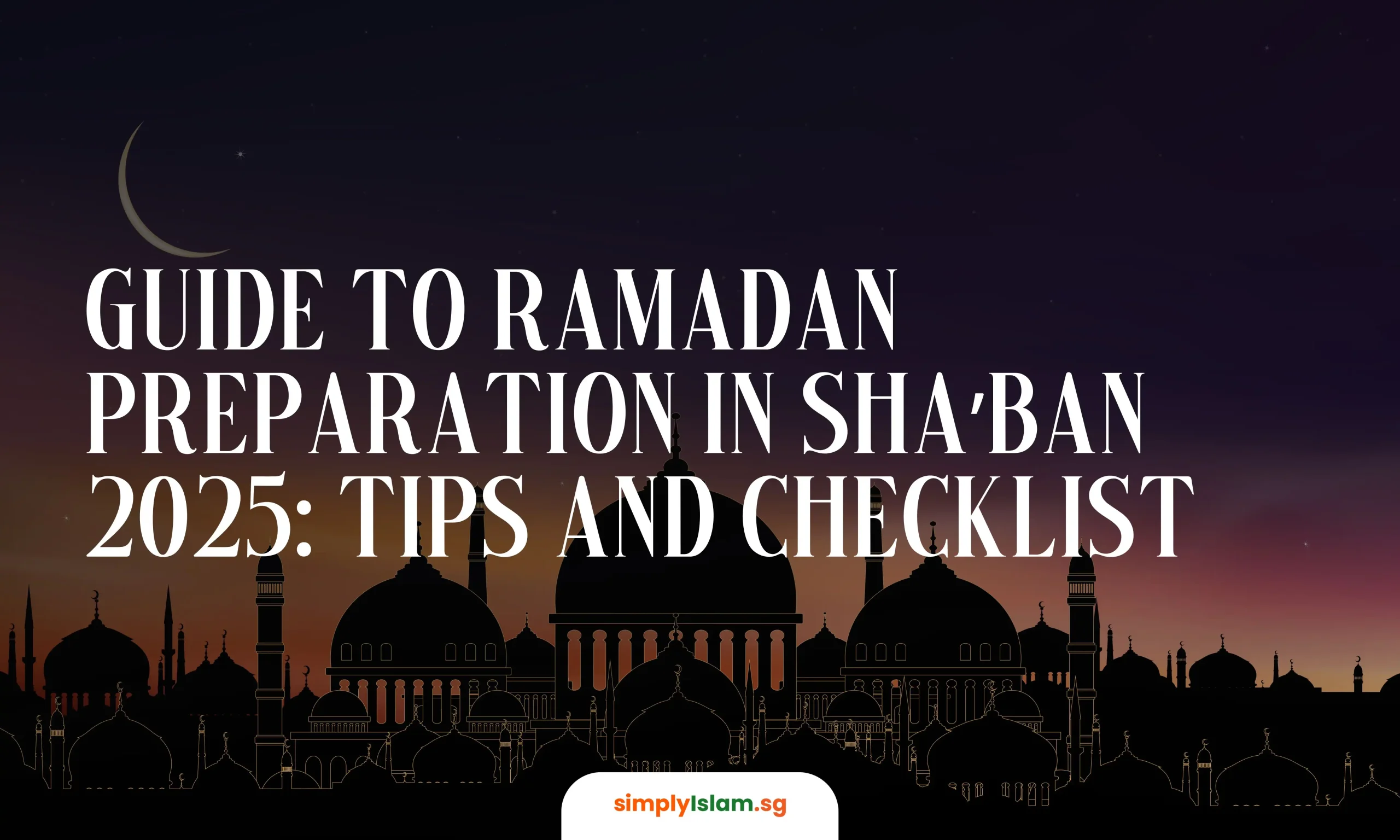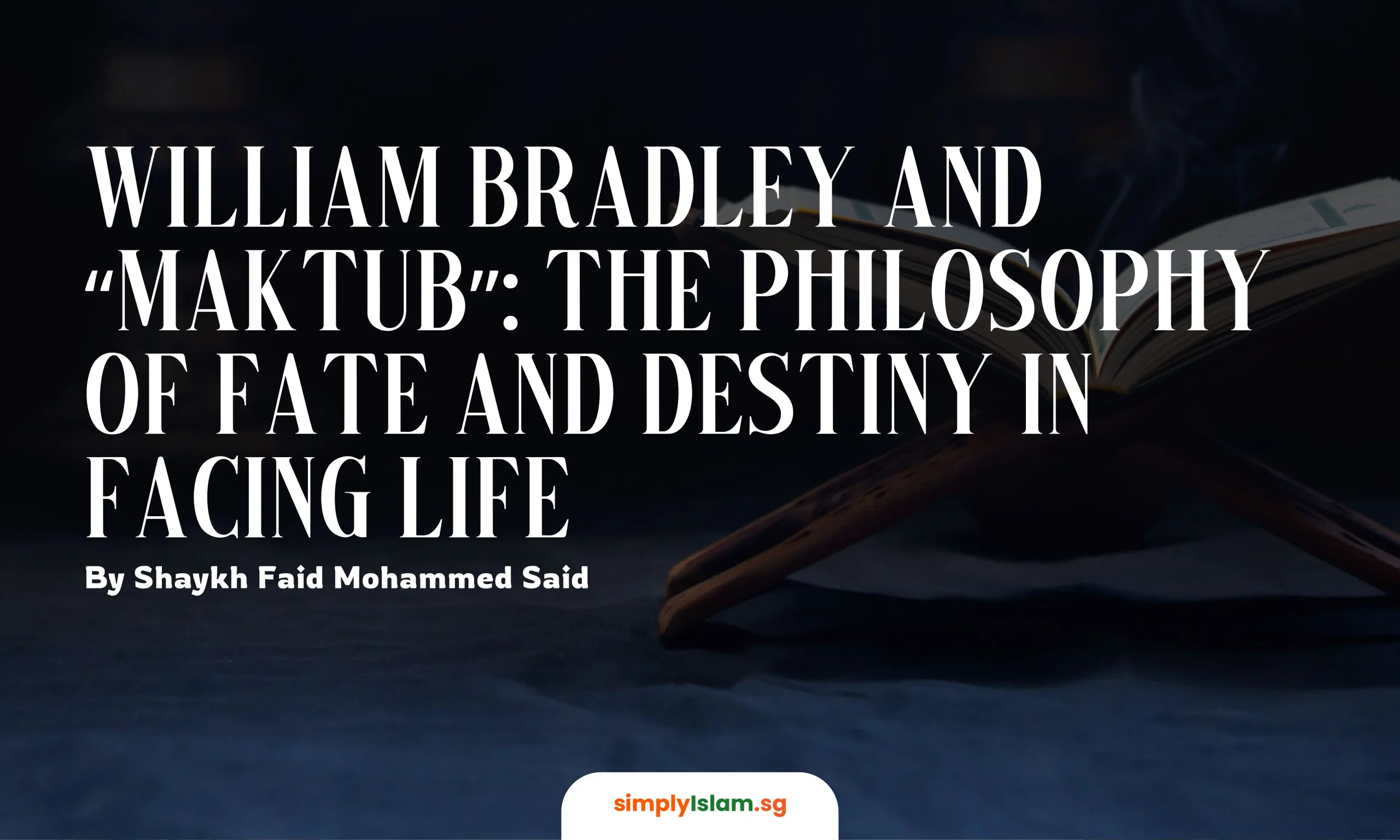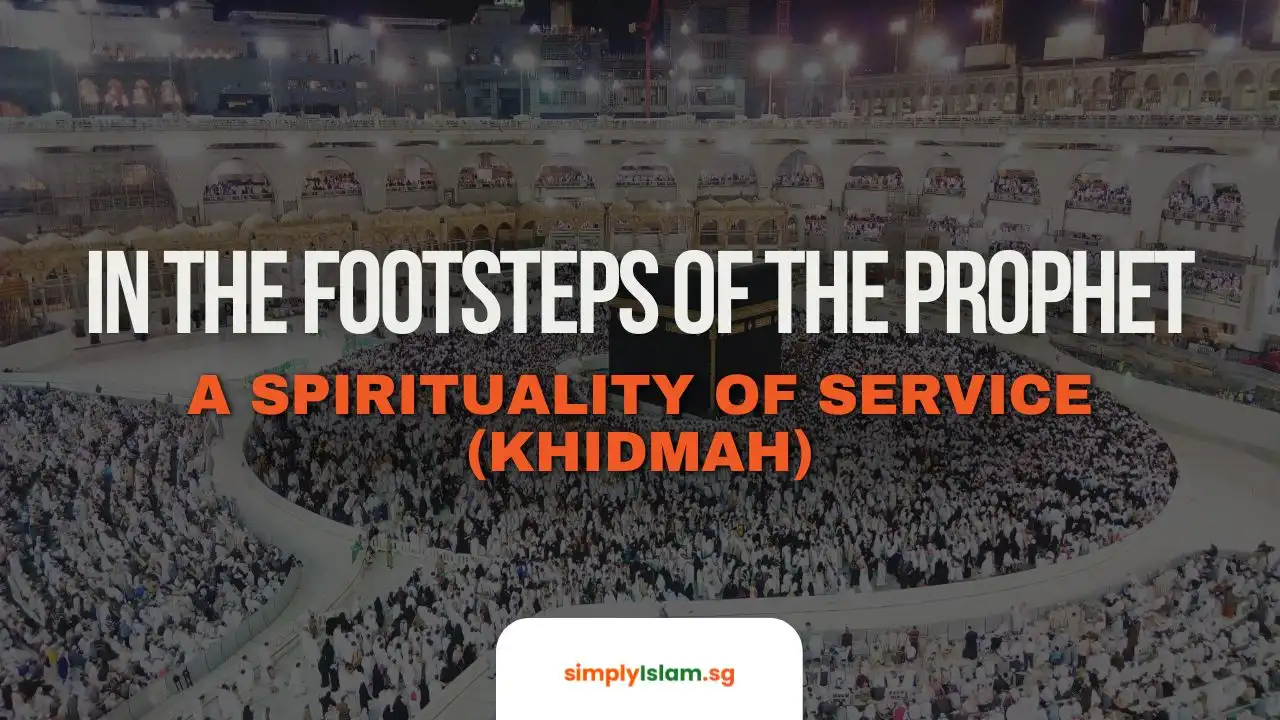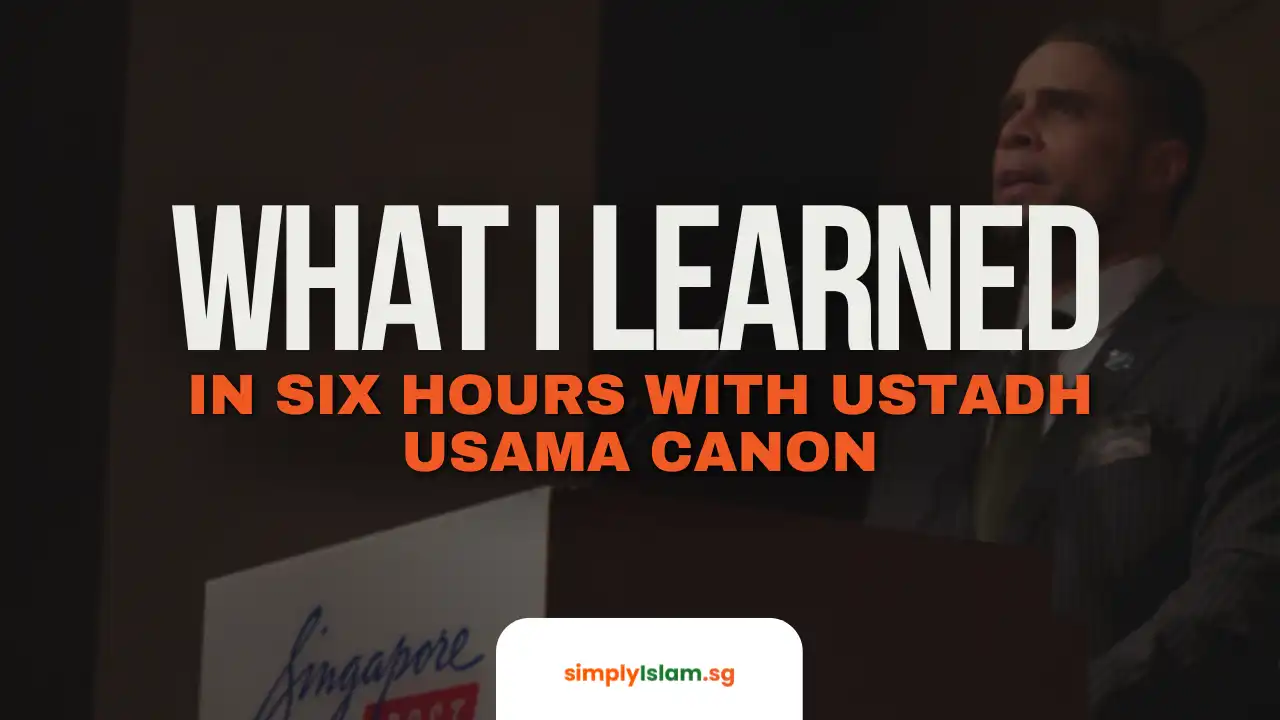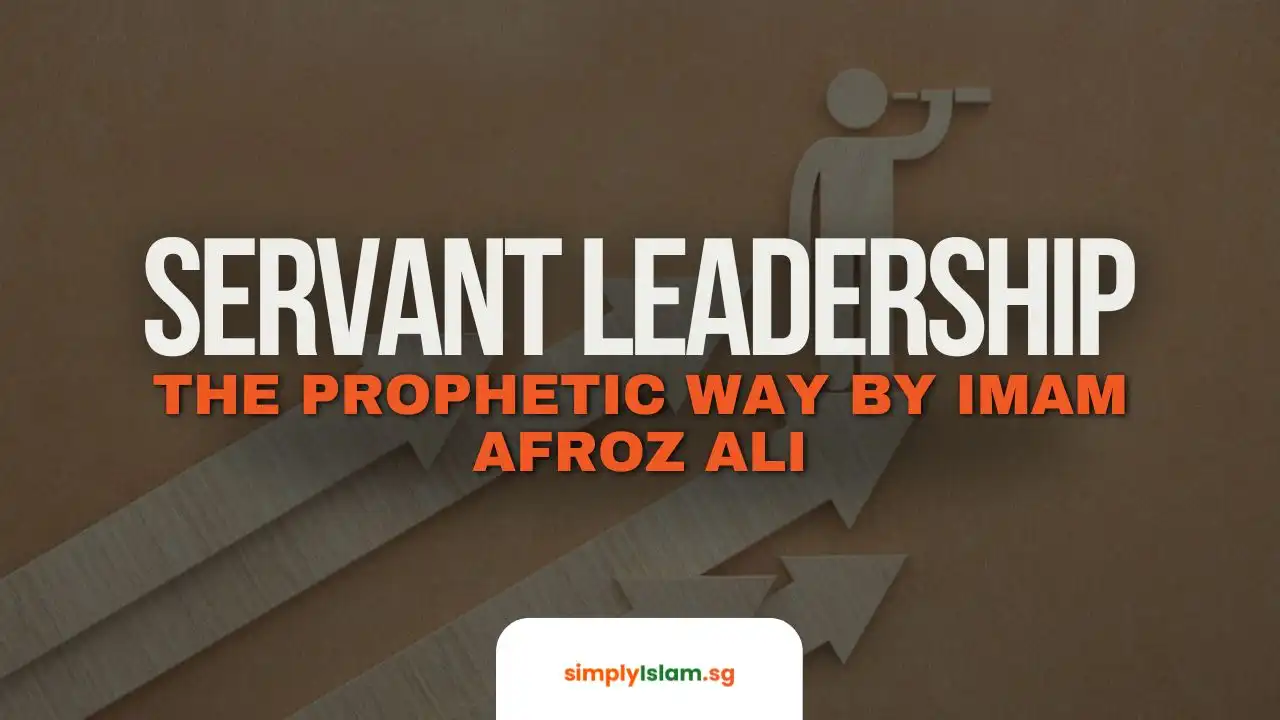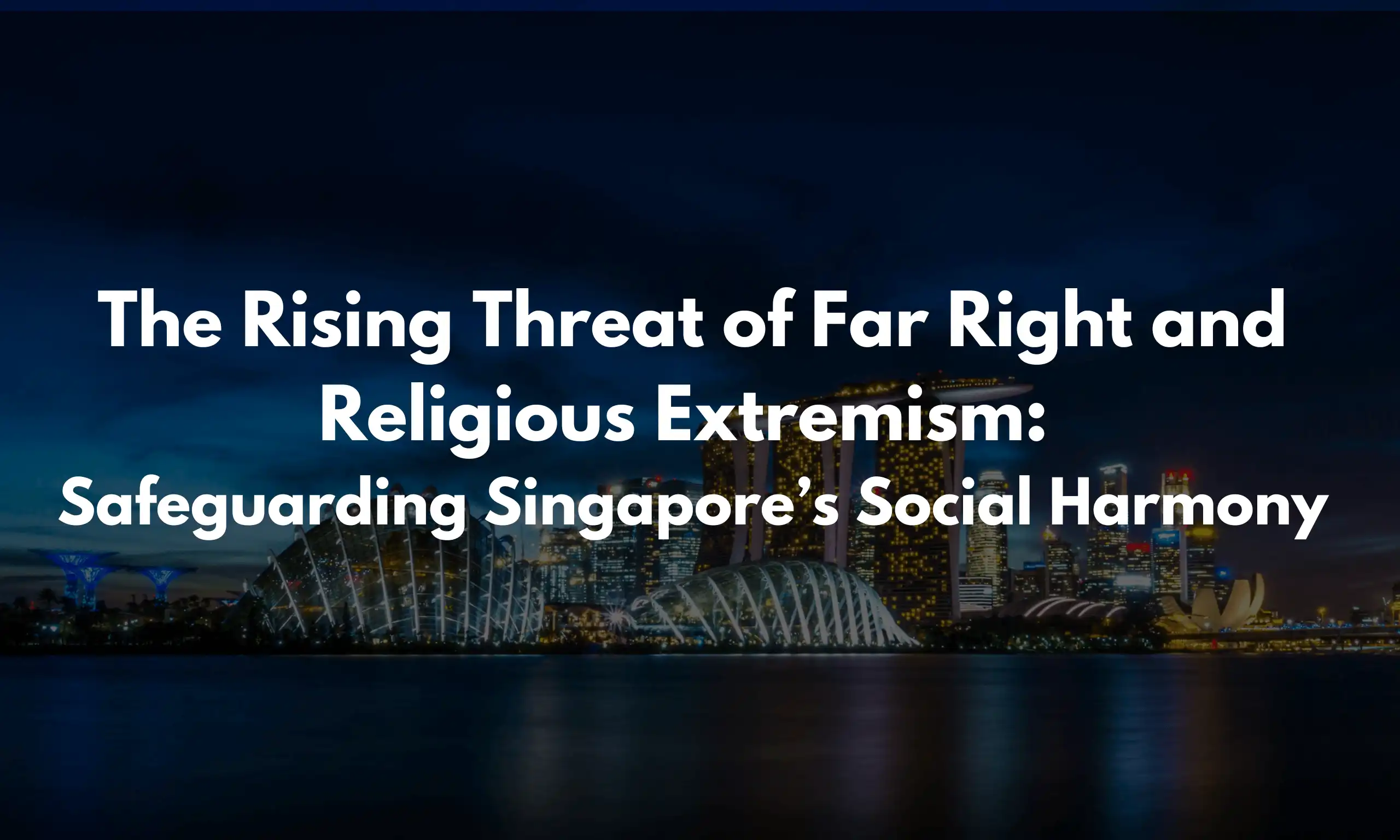

Much has been said about Shaykh Hamza’s “controversial” comments, some of which I have read. There’s the fair, the good, and the ugly. The mocking, the sarcastic, and the personal.
My own two-cents is that this debacle shows what happens when you seek/demand a retraction/apology, offer counsel on social media. You draw out the worse elements within people who then air their emotions online. It becomes a circus and the genuine issue at hand gets lost and becomes an afterthought as insults and slander are exchanged.
Let’s not forget; there were people who were genuinely upset, but as these emotions and emotional responses become deeper, personal, and ugly, exchanged by both archetypes who are perceived by the “other” to be “attacking” or “defending,” the genuine hurt and upset was lost amidst the fury of “responses.” The irony is that the person at the centre of this “controversy” would distance himself far from the ugliness carried out in his name, and the original poster would distance himself from the ensuing ugliness that came from defending his post.
Saying this, I firmly believe that none of this toxic fall-out would have happened if the person who made the original posting had simply approached Shaykh Hamza and spoke to him. And, yes, that was entirely doable and possible. And yes, every means for him to do so was there. That does not give license to attack him, call his motives into question, or slander him either. Two wrongs do not make a right. Social activism has to be buttressed upon Islamic ethics, if you are Muslim. If you are a Muslim scholar cum activist, you should know better concerning the etiquette (don’t groan or roll your eyeballs) of offering counsel.
However, if anything, this debacle has taught me:
1) That scholars and activists need to talk with one another.
This has been said often, but those behind the scenes need to work towards making this happen, and if forums already exist, that meaningful agendas are set to be discussed.
2) That social media platforms aren’t the best forum to offer advice to someone who’s in the same hotel/hall/building than you,
3) onlookers, especially those reading online and far removed, should exert husn al-dhann, wait for clarity and offer excuses, rather than be outraged and resort to derogatory behavior unbecoming of a Muslim without knowing the facts,
4) Asking to maintain adab does NOT mean shutting down questions or muting criticism.
If this is what you think it means, you are wrong. We can learn much from an old Turkish saying: “Edeple gelen lutufla cikar;” If you come with adab, you leave with blessings. Adab isn’t about censorship; it’s about comportment, nor is it about putting out passive-aggressive or sarcastic statements. This just fuels emotions when what we seek and need, is clarity. At the root of Islam is adab. If you don’t understand this, I urge you gain knowledge of it.
5) No one is free from making a mistake; just having to state that is bizarre,
6) defending the scholars should not blind us to their mistakes, or to the fact that they are human. But, they really are the honour of our community. We should ask: what is the Prophetic model to remind or correct them when they err? It’s not posting on Facebook,
7) like it or not, our scholars are the frontline in transferring this din from one generation to the next. Not Google or Facebook. Not Critical race theory or scientism. Our actions have to be inline with: “What would the Prophet do?” If you don’t know, act mercifully, compassionately, that’s the default Sunna.
And yes, even, if not more so, to your enemies. Don’t mock anyone. Our scholars have to deal with a lot, more than the average Muslim will probably experience in their lifetime. Show some mercy to them and have a modicum of respect for what they do. Disagree all you like, but keep it in the parameters established by this religion,
8) the modern-Muslim landscape is moving, rapidly, more so online than on the ground, but that too is changing. We have to recognise this change and understand it so we can speak the same language but also remain grounded in fiqh, NOT emotion, and allow for different perspectives,
9) these online exchanges provoked some deeply held resentment to surface on the fingertips of some leaders. This needs to be addressed as long-standing frustrations will only further fracture the community and create further anxiety in the hearts of followers, and
10) The US and the world is on the cusp of a Trump presidency. We need to be strong. Compassionate. Creative. Dynamic. Understand the context with a firm grasp of our din. If we are too busy ripping our leaders apart and sewing fitna among the community, who will lead and inspire us? Our energies will be misplaced and others will watch and be quite happy with that.
May Allah heal our hearts, nurture our intellects, and make us vehicles to spread peace. May He align ourselves with and defend the rights of the oppressed through righteous actions based upon knowledge of the din as exemplified through Prophetic practice. Amin.

